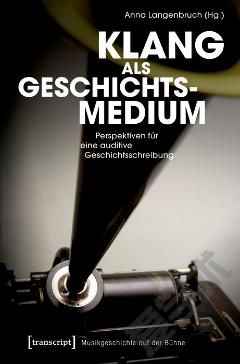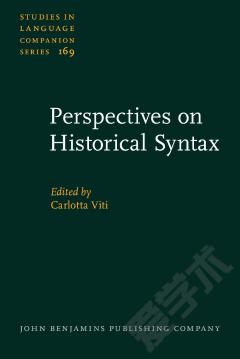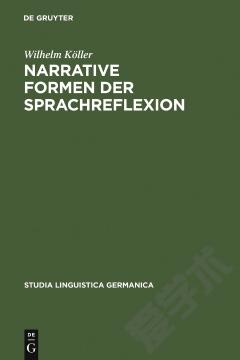Reanimated Voices. Speech reporting in a historical-pragmatic perspective.
Reanimated Voices addresses three activities: reporters evoking speech events; interpreters (re)constituting those speech events; and historical pragmaticians eavesdropping in time on the reporters and interpreters. Can one reconstruct aspects of pragmatic competence on the basis of written texts only? Reanimated Voices answers this in the affirmative. It offers a methodology for historical-pragmatic reconstruction to explain the synchronic patterns of variation in premodern writings. Reanimated Voices examines the distribution of reporting strategies in a corpus of medieval Russian texts. Forms preferred in specific recurring contexts are matched with the need(s) served by those contexts — a fit reflecting collective intentionality. Occasional “residual forms” -strategies that appear in contexts where others predominate- also reflect cooperative behavior; they index utterances departing from the prototype or unusual configurations of participants. Thus Reanimated Voices explores reporting as an activity of rational agents coordinating interpretation in accordance with cultural and institutional notions of relevance.This book has won the annual book prize in the category Slavic Linguistics awarded by the American Association of Teachers of Slavic and East European Languages.
{{comment.content}}








 京公网安备 11010802027623号
京公网安备 11010802027623号